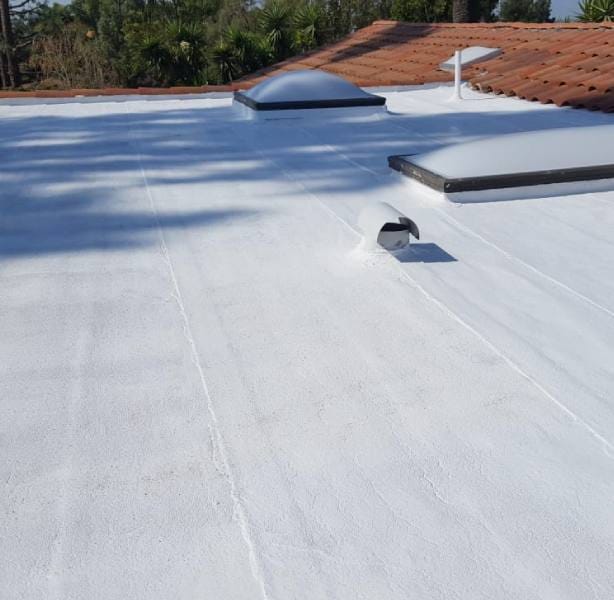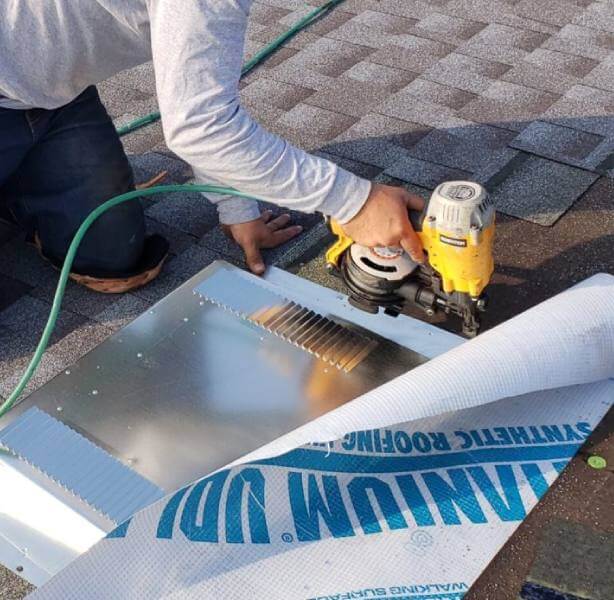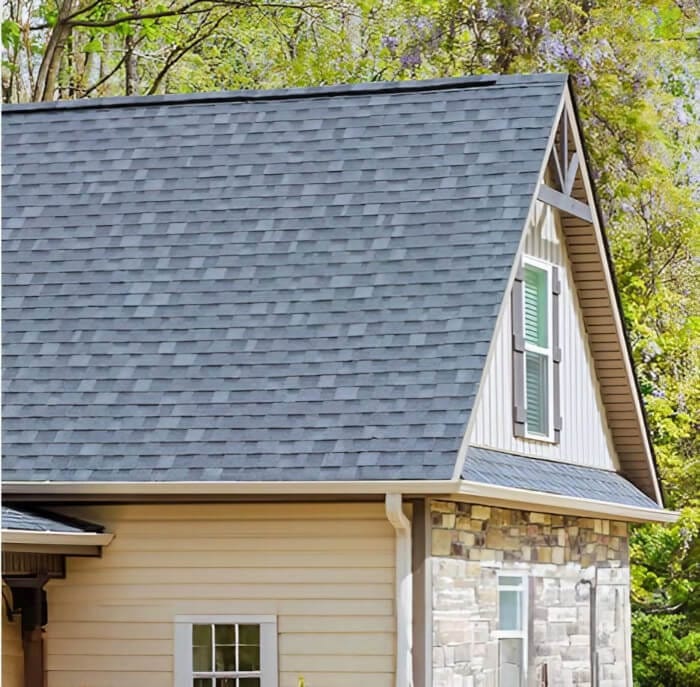How Much Should A Roofing Job Cost?
Introduction
When it comes to home improvement projects, one of the most significant investments homeowners face is roofing. Whether you're building a new home or maintaining an existing structure, understanding the costs associated with roofing jobs can save you time, money, and potential headaches. So, just how much should a roofing job cost? This article delves into various aspects that influence roofing prices, including materials, labor, and geographic considerations.
How Much Should A Roofing Job Cost?
Roofing costs can vary widely based on several factors. On average, homeowners can expect to pay between $5,000 to $30,000 for a complete roof replacement. This broad range is due to differences in material choices, labor rates in different regions, roof sizes and complexities, as well as additional services such as roof repair or inspections.
Factors Influencing Roofing Costs
1. Type of Roofing Material
The choice of roofing material plays a pivotal role in determining the overall cost of a roofing job. Here are some commonly used materials along with their approximate costs per square foot:
| Material | Cost per Square Foot | |---------------------|----------------------| | Asphalt Shingles | $1 - $5 | | Metal Roofing | $3 - $12 | | Slate Roofs | $10 - $20 | | Tile Roofs | $5 - $15 | | Wood Shakes | $6 - $12 |
Asphalt shingles are widely favored for their affordability and ease of installation. However, if you're leaning toward durability and aesthetics, materials like slate or tile may be worth the investment.
2. Size and Pitch of the Roof
The size of your roof significantly impacts your total cost. Generally speaking, larger roofs require more materials and labor hours. Additionally, the pitch (or steepness) of your roof matters; steeper roofs may incur higher labor costs due to increased difficulty and safety concerns.


Key Insight: To estimate the area of your roof accurately, consider hiring a professional for an evaluation rather than relying solely on DIY methods.
3. Labor Costs
Labor costs can vary depending on location and contractor experience. In urban areas where demand is high, labor rates tend to be more expensive compared to rural areas. On average, expect to spend 60% or more of your total roofing budget on labor.
4. Geographic Location
Regional factors also dictate pricing; states with harsh weather conditions may have higher costs due to specific material requirements or additional structural reinforcements needed for roofs.
Average Costs by Region
Here's a breakdown of average roofing costs across various regions in the U.S.:
| Region | Average Cost | |----------------------|----------------------| | Northeast | $7,000 - $25,000 | | Midwest | $6,000 - $20,000 | | South | $5,000 - $15,000 | | West Coast | $8,000 - $30,000 |

Understanding Roof Repair Costs
Roof repairs are often necessary before engaging in full replacements or as part of regular maintenance. But how much should these repairs cost?
Common Types of Roof Repairs
- Average Cost: $300 - $1,500
- Causes: Punctures from falling debris or aging seams.
- Average Cost: $150 - $500
- Causes: Wind damage or wear over time.
- Average Cost: $200 - $800
- Causes: Deterioration due to weather exposure.
Each type of repair has its unique challenges and costs associated with it.
DIY vs Professional Roofing Jobs
Many homeowners ponder whether they should professional roof repair contractors tackle roofing projects themselves or hire professionals. While DIY projects can save money upfront, they come with risks that could ultimately lead to higher expenses down the line.
Pros and Cons of DIY Roofing Jobs
Pros
- Lower initial costs.
- Personal satisfaction from completing a project.
Cons
- Risk of improper installation leading to leaks.
- Potential for serious injuries without proper safety measures.
When to Hire Professionals?
If you're dealing with complex issues such as extensive damage or steep pitches requiring specialized tools and expertise—hiring professionals is generally advisable.
Estimating Your Roofing Budget
Creating an accurate budget involves multiple dimensions beyond just material and labor costs:
1. Inspection Fees
Before any work begins—especially if you're unsure about the state of your current roof—it's wise to invest in an inspection which usually ranges from $100-$400.
2. Permits & Regulations
Depending on local laws and regulations regarding roofing work—permits may be necessary which can add anywhere from $50-$500 extra onto your budget.
3. Additional Features
Consider if you want features like skylights or ventilation systems added during installation which could elevate your overall expenses significantly.
Common Questions About Roofing Costs
1. What’s the average lifespan of different types of roofs?
Generally:
- Asphalt shingles last around 15-30 years.
- Metal roofs can last 40+ years.
- Slate roofs often exceed 50 years with proper maintenance.
2. How do I know when my roof needs replacing?
Signs include curling shingles, leaks inside your home during rainfall, visible sagging areas on the roof surface—or even excessive granules collecting in gutters after heavy storms.
3. Should I pay upfront for my roofing job?
While some contractors require deposits—be cautious about paying full amounts before work completion; reputable companies will offer payment plans based on milestones achieved during construction.
4. Can I negotiate roofing prices?
Absolutely! Many contractors are open to negotiation especially when you’re comparing multiple bids; don’t hesitate to ask!
5. Are there financing options available for large roofing jobs?
Yes! Many contractors partner with financial institutions offering loans specifically tailored for home improvement projects including roofs; inquire about what options they have available!
6. Is it worthwhile investing in energy-efficient roofing materials?
Definitely! Energy-efficient materials not only help reduce heating/cooling bills but may sometimes qualify you for tax incentives depending on local laws!
Conclusion
So how much should a roofing job cost? The answer isn't straightforward—it varies based on numerous factors ranging from material choices to geographical locations and individual circumstances like your roof's condition requiring repair versus complete replacement.
By understanding these elements thoroughly—you empower yourself as a homeowner making informed decisions that align with both your needs and budgetary constraints while ensuring that you receive quality workmanship no matter what path you choose!
Armed with this knowledge you’ll navigate through quotes confidently—whether you're looking at simple repairs or extensive replacements—ensuring that every dollar spent contributes positively towards maintaining one of life's most vital structures: YOUR ROOF!